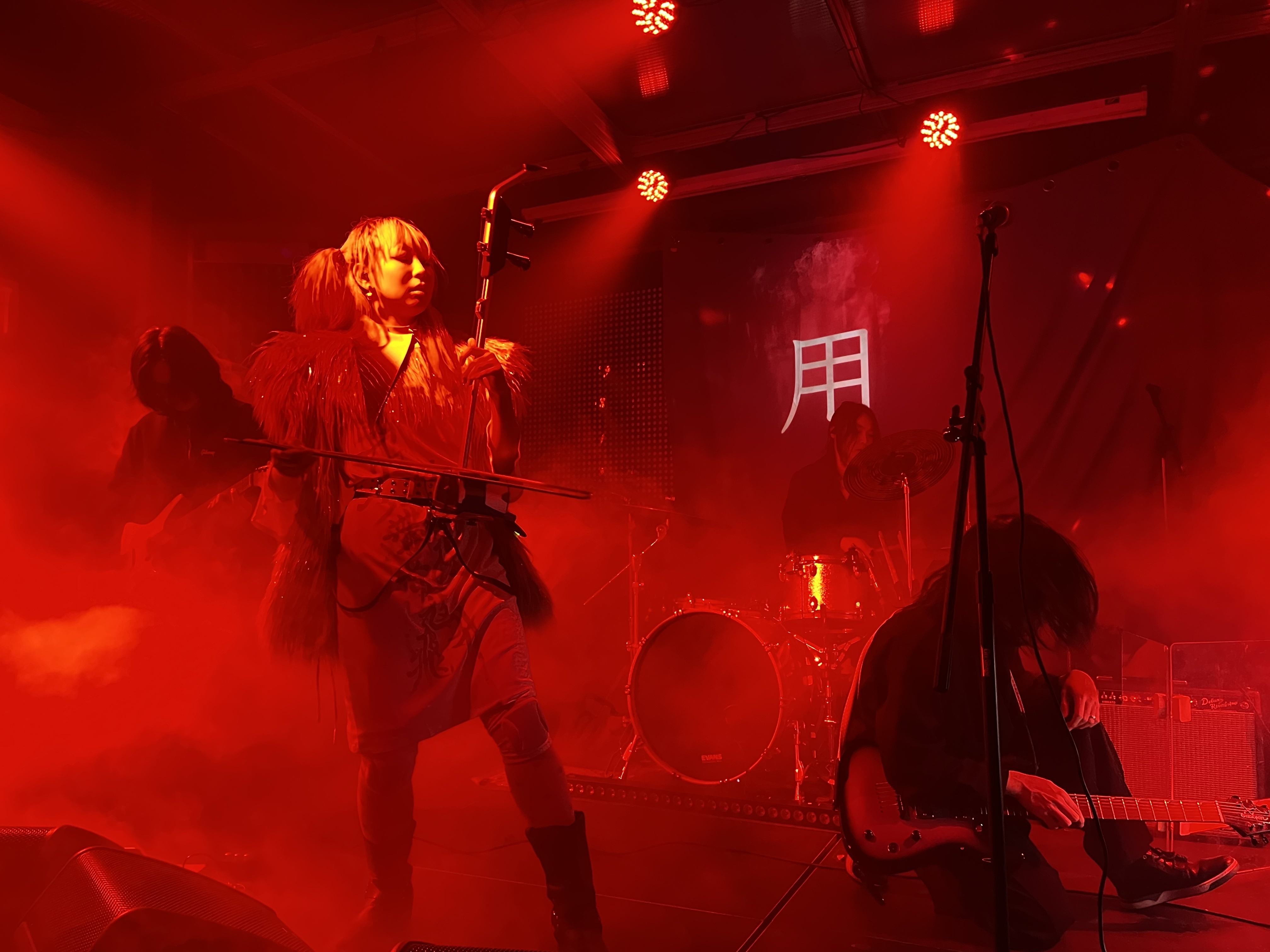For many Chinese youths, admitting to their parents that they’ve embraced veganism can be a nerve-wracking experience. As a matter of fact, vegan influencer Vivian Chang kept the news hush-hush for the longest time.
“Every time we went home for a Chinese family gathering, I didn’t touch the meat. At large gatherings, no one really notices, right? I didn’t inform them until I decided to open a restaurant,” she says. As you can imagine, the elder Changs didn’t take the news so well.
“My dad was like, ‘Why?’ And my mom told me, ‘You’re crazy.’ Both tried to convince me, ‘Just add seafood — your business will be better.’”
Nevertheless, she stuck to her guns. First founded in Taiwan in 2014, Miss Green will celebrate nine years of operations in 2023.
Based in Shanghai but shipping nationwide, Miss Green boasts a robust virtual presence on the Chinese ecommerce giant Taobao and super-app WeChat, but also runs a brick-and-mortar restaurant called Carrot & Cleaver in Shanghai Center. Come lunch hour on an average weekday, and it’s common to see white-collared professionals queued up outside the eatery, patiently awaiting their power bowls, protein balls between pita, and gut-friendly kombuchas.
Many of Miss Green’s regulars make up China’s vegan community, which is roughly 5% of the country’s population — this might seem like a measly figure until you take the country’s size (1.4 billion citizens) and vegan market (12 billion USD) into stock. In fact, according to a report published by digital marketing agency GMA on August 30, 2022, China holds 53% of the global protein market.
“There are so many reasons why people become vegan,” says Chang, a Millennial mom. “For me, I do it for the sake of my kids, but a lot of people are doing it for religious purposes or for their health.”
Chang, who embodies ‘Miss Green’ herself, was one of the forerunners of the vegan movement in China and has long advocated a plant-based lifestyle before it turned trendy. Today, the industry is nail-bitingly tough, but Covid-19 has had a hand in culling countless contenders.
“We are very lucky. Because we were founded many years ago, we have had enough time to learn and to adjust ourselves. Also, we have a lot of recipes,” says the restaurateur, who works hand in hand with dieticians and doctors to develop Miss Green’s everyday and seasonal menus.

Whether it’s a whole fish (‘fish’ and ‘abundance’ are both pronounced yú in Mandarin), dumplings resembling money bags or gold ingots, or poon choi (a basin filled to the brim with good eats), Chinese New Year dishes are often associated with abundance. As some learn the hard way, however: You can have too much of a good thing. Acid reflux, heartburn and indigestion — all signs of overindulging — often follow the post-holiday period.
Miss Green’s new Spring Festival menu inspires a new way of thinking: Perhaps abundance should be measured by way of nutrition. After all, isn’t ‘longevity’ one of the tenets of Chinese New Year wishes?

Ranging from a vegan version of ‘Buddha Jumps Over the Wall,’ an iconic dish from Fujian, to a mushroom-laden stew titled ‘Three Immortals Crossing the Sea,’ the Chinese New Year dishes see a blend of international and regional flavors and ingredients. For instance, the former is served with a coconut-based soup inspired by northern Thai cuisine.
Easy to whip up, the communal dishes encourage clean eating with one’s loved ones and, most importantly, offer vegans a seat at the table where before there was none.
For those based in China, visit Miss Green’s Taobao store or WeChat mini program (search for ‘Miss Green’) to browse and prebook your vegan Chinese New Year dishes.
All images courtesy of Miss Green





















